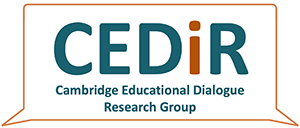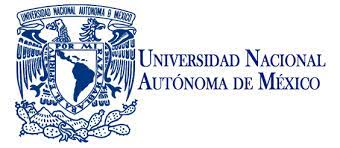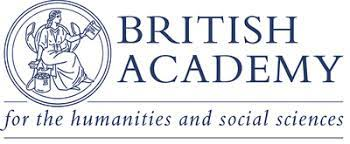The original work on T-SEDA (and its precursor SEDA) was supported by the British Academy (International Partnership and Mobility Scheme) through the 3-year project entitled “A Tool for Analysing Dialogic Interactions in Classrooms” (2013-2015), led by Sara Hennessy and Sylvia Rojas-Drummond at the University of Cambridge, UK, and the National Autonomous University of Mexico:
http://tinyurl.com/BAdialogue. The Mexican work was supported by the Dirección General de Asuntos del Personal Académico of the National Autonomous University of Mexico (DGAPA-UNAM) (PAPIIT Project Number: IN303313 and PAPIME Number: PE305814). We appreciate the support of the Economic and Social Research Council (RES063270081; RES000230825), sponsor of most of the UK team’s preceding work in this area. Our most recent ESRC project (ES/M007103/1) entitled ‘Classroom Dialogue: Does it Make a Difference for Student Learning?’ (Christine Howe, Sara Hennessy, Neil Mercer, Maria Vrikki & Lisa Wheatley, 2015-17:
http://tinyurl.com/ESRCdialogue) drew on SEDA to develop CDAS, a new 12-category scheme and rating scales, testing them extensively with a large sample of 72 teachers of children aged 10-11. Statistical analyses of the relationships between dialogic teaching and student attainment and attitudes produced findings that have shaped this version of the toolkit. An ESRC Impact Acceleration grant supported further development of the toolkit and trials across diverse educational contexts in seven countries in 2018-19.
T-SEDA is used globally by practitioners from pre-school years to higher education. We thank all of the facilitators, teachers and students who participated in our research and testing across several countries from which examples in this toolkit have been taken with their kind permission. Some names have been changed where teachers wished to remain anonymous. Photographs appearing in the toolkit are derived from our research studies; permissions have been received to use them for educational purposes.




